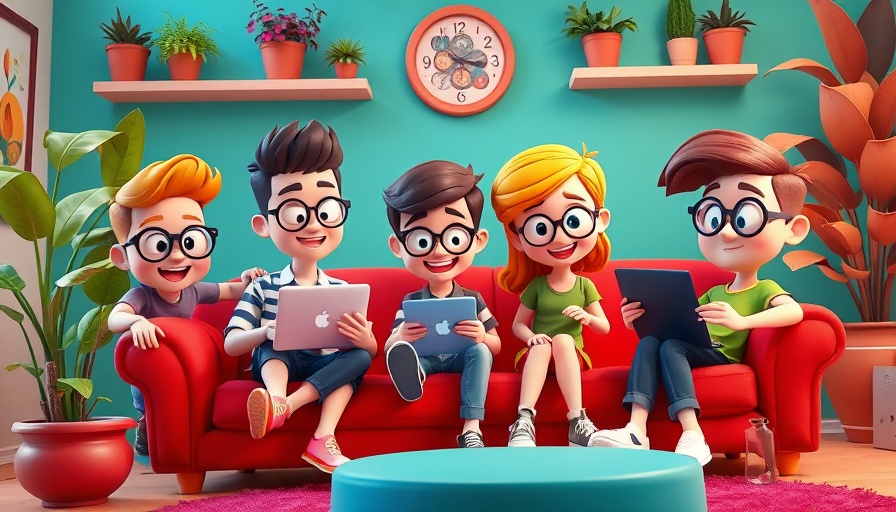
The Rise of AI Agents: Navigating Automation and Humanity
As artificial intelligence (AI) continues to evolve, the emergence of AI agents in everyday tasks prompts critical questions about how much we should rely on automation in our lives. On one hand, these agents promise convenience, seamlessly organizing schedules, managing emails, and even conducting simple online transactions. Yet, there are feelings of trepidation about losing that personal touch in our interactions, as well as concerns about environmental impacts.
Historical Context: The Long Road of Automation
The concept of AI agents is not new; its roots date back to the 1990s when innovators attempted to create automated programs to perform tasks independently. Research from forward-thinking figures like MIT Media Lab’s Pattie Maes highlighted potential complications. She noted, “People will question who is responsible for the actions of an agent,” foreshadowing present-day dilemmas surrounding accountability in AI.
Human-Centric Design: A Necessary Focus
Despite advancements in technology, Maes warns that current AI systems often neglect critical human-design issues. “They’re optimized from a technical point of view but not for how humans interact with them,” she elaborates. This oversight can lead to situations where users place undue trust in AI-generated responses, illustrating the importance of creating systems that prioritize user understanding and control.
Future Predictions: The Balance of AI and Human Interaction
Looking ahead, the evolution of AI agents begs the question: How do we find a harmonious balance? While the potential for personal automation remains promising, experts advocate for a cautious approach. By prioritizing ethical considerations and cultivating transparent systems, we can leverage AI agents to enhance our lives without compromising our humanity.
Final Thoughts: Embracing Change Responsibly
As you navigate the integration of AI into your daily life, remember the importance of maintaining personal relationships and responsible oversight. AI can be a beneficial ally, but only when we do not allow it to replace our most vital interactions. Embracing technology must go hand-in-hand with awareness and responsibility, ensuring we cultivate a future that respects both innovation and the human experience.
 Add Row
Add Row  Add
Add 
 Add Element
Add Element 

Write A Comment